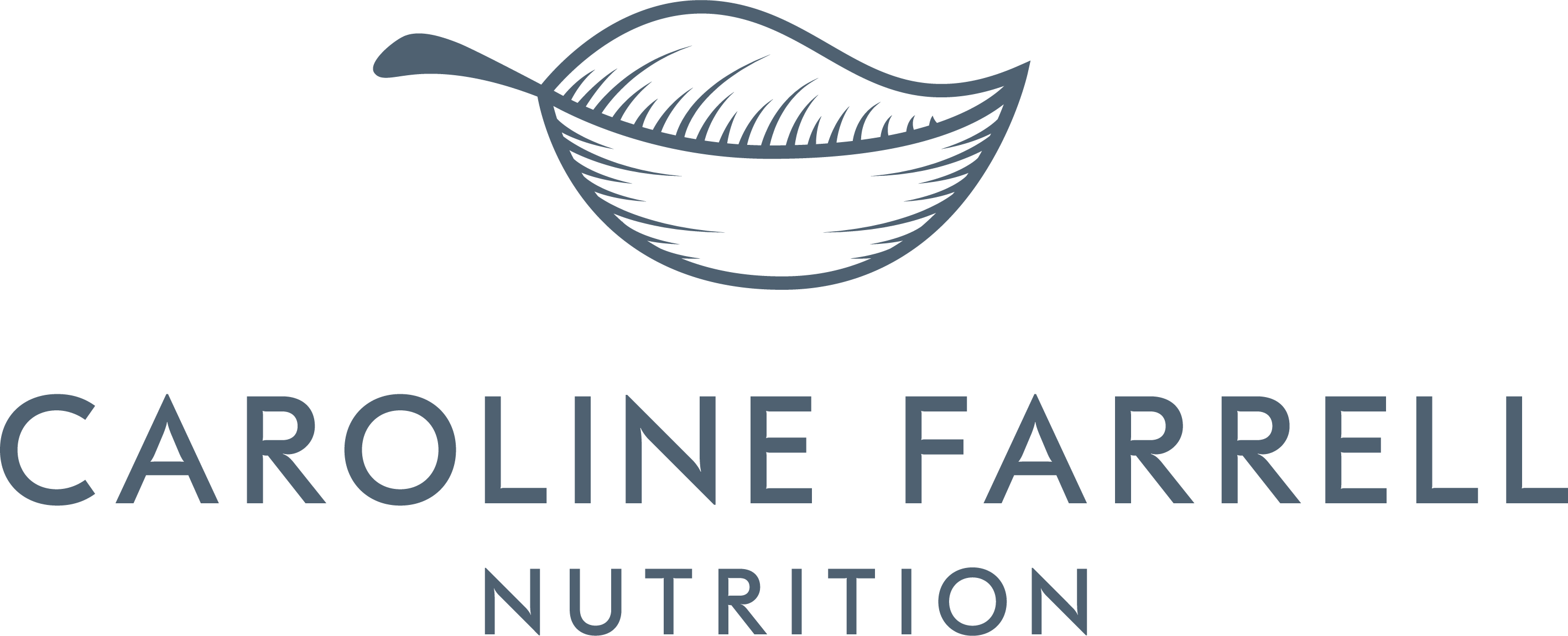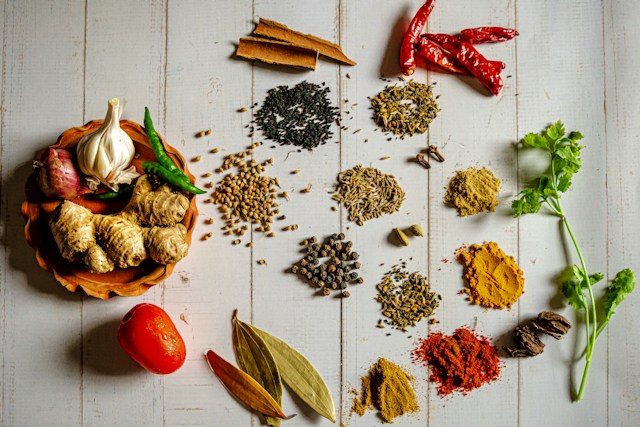While genetics and environmental factors contribute to cancer risk, research suggests that dietary choices can profoundly impact our susceptibility to the disease. Here are some evidence-based recommendations on the best foods to eat for cancer prevention.
Foods to Increase
Eat a Wide Variety of Plant Foods
Numerous studies have shown that diets rich in plant-based foods offer protective benefits against various types of cancer. Some plant foods which may be especially protective include:
- Cruciferous Vegetables: Cruciferous vegetables, including broccoli, cauliflower, Brussels sprouts, kale, watercress, and cabbage, contain unique compounds known as glucosinolates. These compounds have been studied for their potential anti-cancer effects, particularly in reducing the risk of colorectal, lung, breast, and prostate cancers. The beneficial compounds can be reduced through cooking, so they are best eaten raw, lightly cooked (steamed, briefly microwaved, or stir fried) or fermented (e.g. sauerkraut). Aim to include 4-5 servings in your meals each week.
- Berries: Berries, such as strawberries, blueberries, raspberries, and blackberries, are high in antioxidants, particularly flavonoids and anthocyanins. These compounds have demonstrated remarkable anti-cancer properties by scavenging free radicals and inhibiting tumour growth. Aim for about a half a cup of fresh or frozen (and ideally organic) berries per day, You can blend them into smoothies, add to porridge or yoghurt, or make a delicious chia berry jam to spread on toast or add to yogurt.
- Leafy Greens: Dark leafy greens like spinach, kale, Swiss chard, and collard greens are high in antioxidants, including beta-carotene, lutein, and zeaxanthin. These antioxidants help protect cells from DNA damage and may reduce the risk of various cancers. Add a generous portion of leafy greens to your salads, smoothies, and stir-fries. Frozen spinach is just as good and handy to keep in the freezer.
- Tomatoes: Tomatoes are rich in lycopene, a potent antioxidant that gives them their vibrant red colour. Research suggests that lycopene may help reduce the risk of prostate, lung, and stomach cancers by neutralising free radicals and inhibiting cancer cell proliferation. When tomatoes are processed into a sauce or other cooked products, or cooked or served with a little oil, you absorb more of the lycopene and beta-carotene they provide.
- Mushrooms: Mushrooms (Oriental mushrooms- Reishi, Maitake, Coriolus versicolor, Shitake) contain beta-glucans, which may inhibit cell proliferation and tumour growth. Add to a stir-fry or pasta dish.
- Turmeric: Turmeric contains curcumin, a bioactive compound with powerful anti-inflammatory and antioxidant properties. Studies suggest that curcumin may help inhibit the growth and spread of cancer cells and enhance the effectiveness of conventional cancer treatments. Use with black pepper and some fat to enhance absorption. Incorporate turmeric into curries, soups, and smoothies or take it as a supplement to harness its therapeutic potential.
- Garlic: Garlic has been revered for its medicinal properties for centuries, and modern science confirms its anti-cancer potential. It contains sulphur compounds like allicin, which have been shown to inhibit cancer cell growth and promote apoptosis (cell death) in various types of cancer, including colorectal and stomach cancer. Best eaten raw (e.g. in hummus or guacamole). However, if you do cook it, after you chop or crush the garlic, allow it to sit for about 10 minutes before cooking. This allows time for an enzyme called alliinase to produce allicin, the source of the active compounds.
- Cinnamon: Test-tube and animal studies have found that cinnamon extract may have anticancer properties and may help decrease the growth and spread of tumours. Aim for ½ teaspoon per day. You can add to cooked fruit, yogurt, porridge, overnight oats
Choose Healthy Fats
Opt for sources of healthy fats, such as avocados, olive oil, nuts, and seeds, which provide essential fatty acids and anti-inflammatory properties. Research suggests that omega-3 fatty acids found in fatty fish like salmon, mackerel, and sardines may help reduce the risk of certain cancers, including breast and prostate cancer.
Foods to Limit
- Alcohol: Excessive alcohol consumption increases the risk of several cancers. Limit your intake to moderate levels.
- Processed Meats: These meats have been classified as Group 1 carcinogens by the World Health Organization (WHO). They contain nitrates and other compounds linked to cancer. Opt for lean protein sources instead.
- Red Meat (beef, pork, and lamb): High consumption of red meat is associated with colorectal cancer.
- Artificial Sweeteners: Research on the link between artificial sweeteners and cancer risk is inconclusive. However,some studies have suggested a potential association. I recommend using natural sweeteners instead.
- Over-cooked food: Cooking certain foods at high temperatures, such as air frying and barbequing can produce harmful compounds like heterocyclic amines (HA) and advanced glycation end-products. Excess buildup of these compounds can contribute to inflammation and may play a role in the development of cancer. Animal foods high in fat and protein, as well as highly processed foods, are most likely to produce these harmful compounds when subjected to high temperatures.
Conclusion
While diet alone cannot guarantee protection against cancer, incorporating evidence-based foods into your daily meals can significantly reduce your risk and support overall health and well-being. Remember to consult with a registered nutritionist for personalised dietary recommendations based on your individual health needs and goals.




